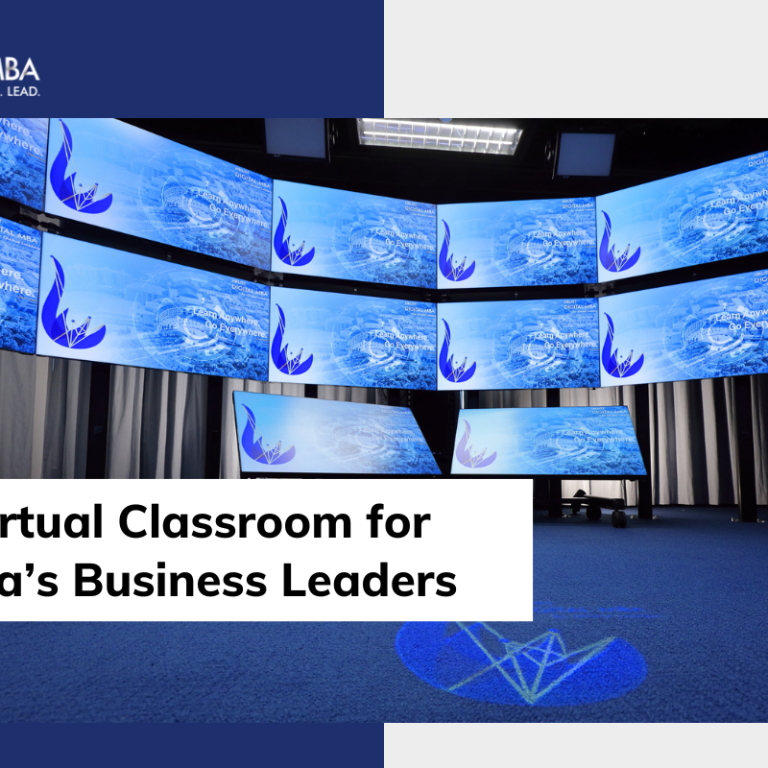
An MBA for a Digital World
[The content of this article has been produced by our advertising partner.]
Leading in an Era of Innovation
In an ever-evolving world where the future of living, work and people is constantly being redefined by digital, it is crucial for business leaders to have the knowledge and skills necessary to navigate these transformations.
In anticipation of this need, the Hong Kong University of Science and Technology (HKUST) launched the Digital MBA for Global Leaders (DiMBA) in 2021 as a two-year part time program designed specifically to help executives and senior professionals to transform their businesses while shaping the future of what business should look like in a digital era.
“Change is a fact of life for any organisation,” said Prof Stephen Shih, Associate Dean of the HKUST MBA Programs and Adjunct Professor of Management. “Innovation must be a top priority for all businesses today. Every organisation needs to adapt to huge changes happening around the world.”
Accordingly, these changes include: how to capitalise on new technologies like generative AI, how to respond to global challenges such as climate change, and how to operate in a geopolitically multipolar and multicultural world.
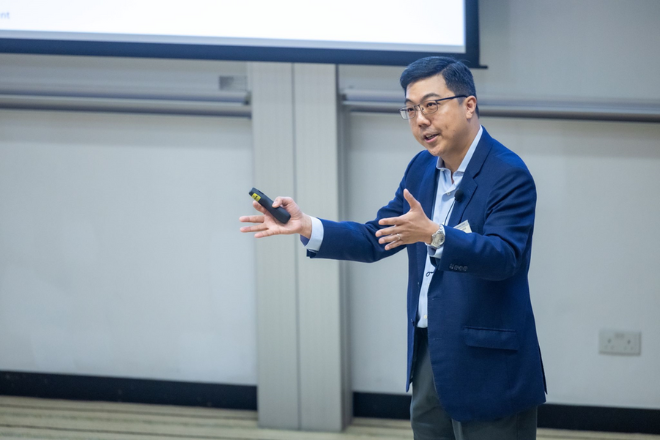
Organisations today face a myriad of complex problems, explained Professor Stephen Nason, professor in Business Practice within the Department of Management. In order to effectively deal with these challenges, adaptive thinking and communication skills that capitalise on new technologies is required. These could include understanding the use of AI.
According to Professor Nason, “the focus of the program is therefore to analyse these new kinds of problems and to equip students with the ability to analyze these novel problems,” he said. “Furthermore, it is about fostering the right mindset that is necessary for coming up with innovative and impactful solutions.”
By integrating managerial and leadership tools and techniques in a trans-disciplinary manner, the program aims to enhance business leaders' adaptability to the rapidly evolving digital landscape.
“So when we’re talking about adaptive thinking, we’re talking about being able to adapt to a new kind of problem that is unfamiliar in some way, that is more difficult. How do you adapt in such a situation?,” he said.
Prof Shih also notes that the MBA’s uniquely broad curriculum that spans marketing to finance to strategy to technology management prepares students to collaborate more effectively.
“Students enhance their ‘intellectual’ empathy and are able to understand why their colleagues in finance or their counterparts in supply chain think the way they do, and what needs they have,” he said.
And this is what allows Digital MBA students to be well prepared to lead the cross-functional and cross-organisational efforts that will create the most value in the coming years and help tackle global problems like climate change.
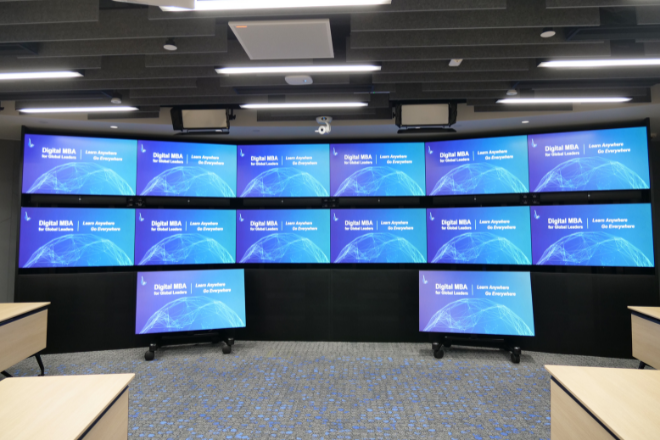
Given the program’s focus on digital and its accessibility, it has given DiMBA students a unique edge when it comes to operating in a multipolar, complex world. According to Professor Shih, this is all important when learning how to influence and build relationships in remote environments.
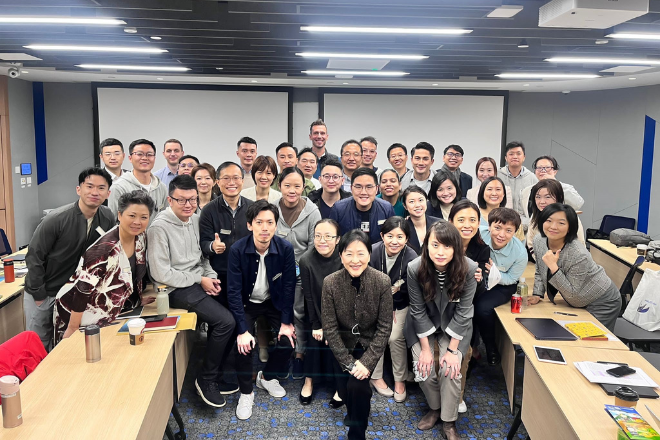
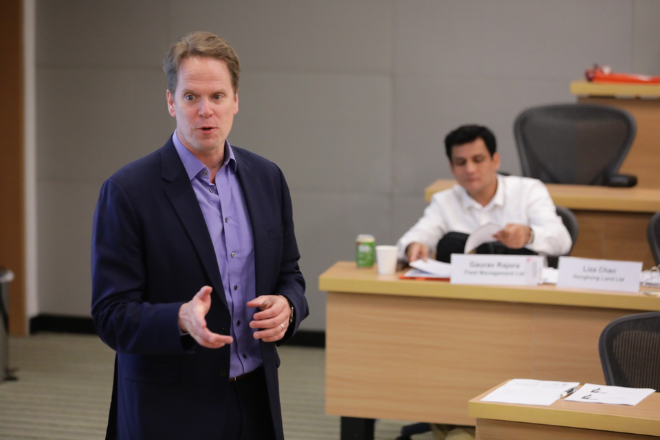
With a promise to nurture change leaders and trailblazers who will be able to shape the future of business, Professor Shih says: “We work hard to equip our students with an innovative mindset and an entrepreneurial spirit. We encourage them to be creative, open to change and confident in taking risks”.
